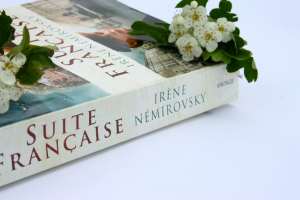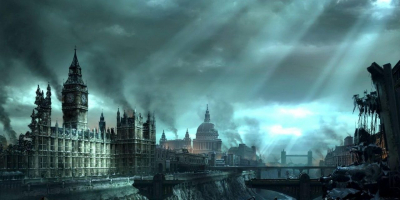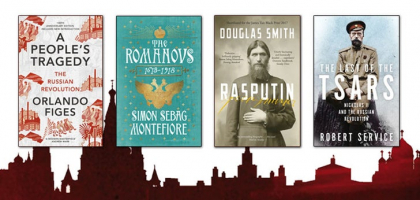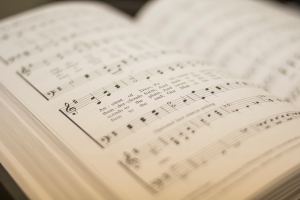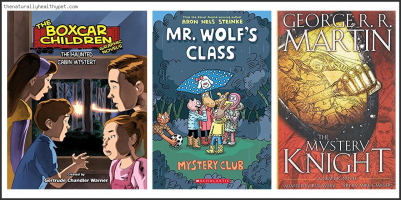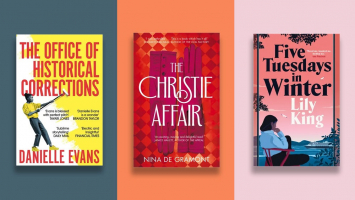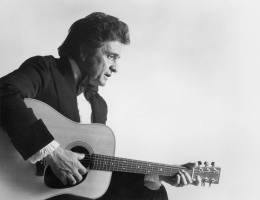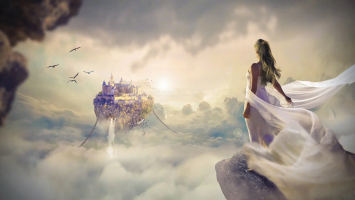Top 10 Best Novels Ever Written
Literary critics, historians, voracious readers, and even casual readers will all personally agree on which novel is truly the "greatest book ever written." Is ... read more...it a novel with lovely, engrossing figurative language? Or perhaps one with a gritty realism? A novel that has had a significant social impact? Or one that has had a more subtle impact on the world? Here is a list of novels that have been regarded as some of the greatest works of literature ever written for a variety of reasons.
-
Any fan of stories about adultery, gambling, marriage plots, and Russian feudalism would immediately place Anna Karenina at the top of their "greatest novels" list. And that is exactly the ranking given to the novel by publications such as Time magazine since it was first published in its entirety in 1878.
The eight-part towering work of fiction by Russian novelist Leo Tolstoy tells the story of two major characters: a tragic, disenchanted housewife, the titular Anna, who runs off with her young lover, and a lovestruck landowner named Konstantin Levin, who struggles in faith and philosophy. Tolstoy weaves together thoughtful discussions on love, pain, and family in Russian society with a large cast of realistically human characters. The novel was especially revolutionary in its treatment of women, depicting prejudices and social hardships of the time with vivid emotion. The novel was especially groundbreaking in its treatment of women, vividly depicting prejudices and social hardships of the time.Link to read: goodreads.com/book/show/15823480-anna-karenina
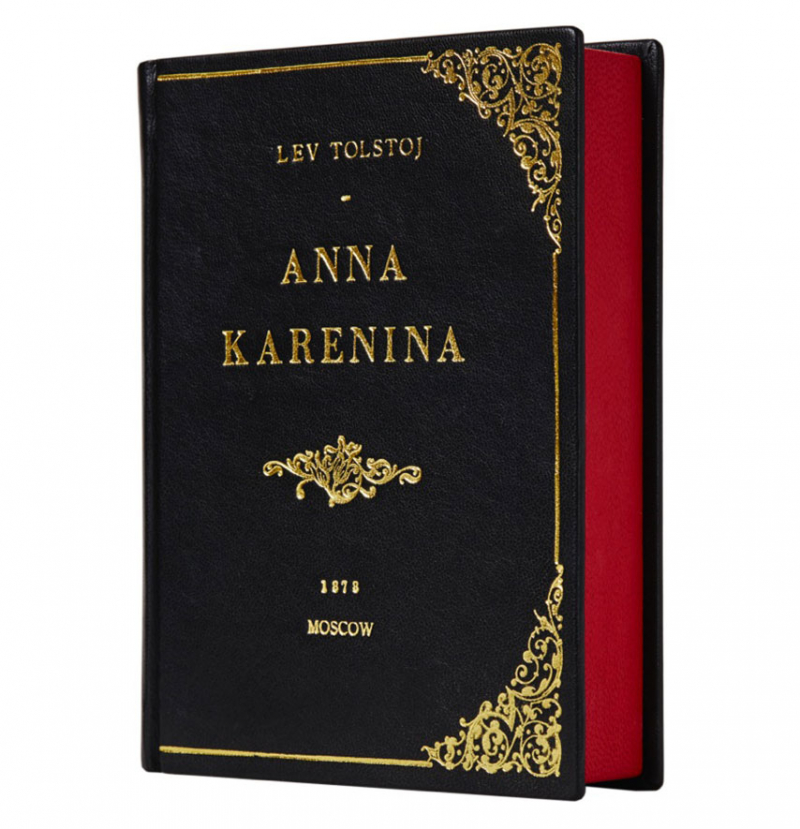
Anna Karenina 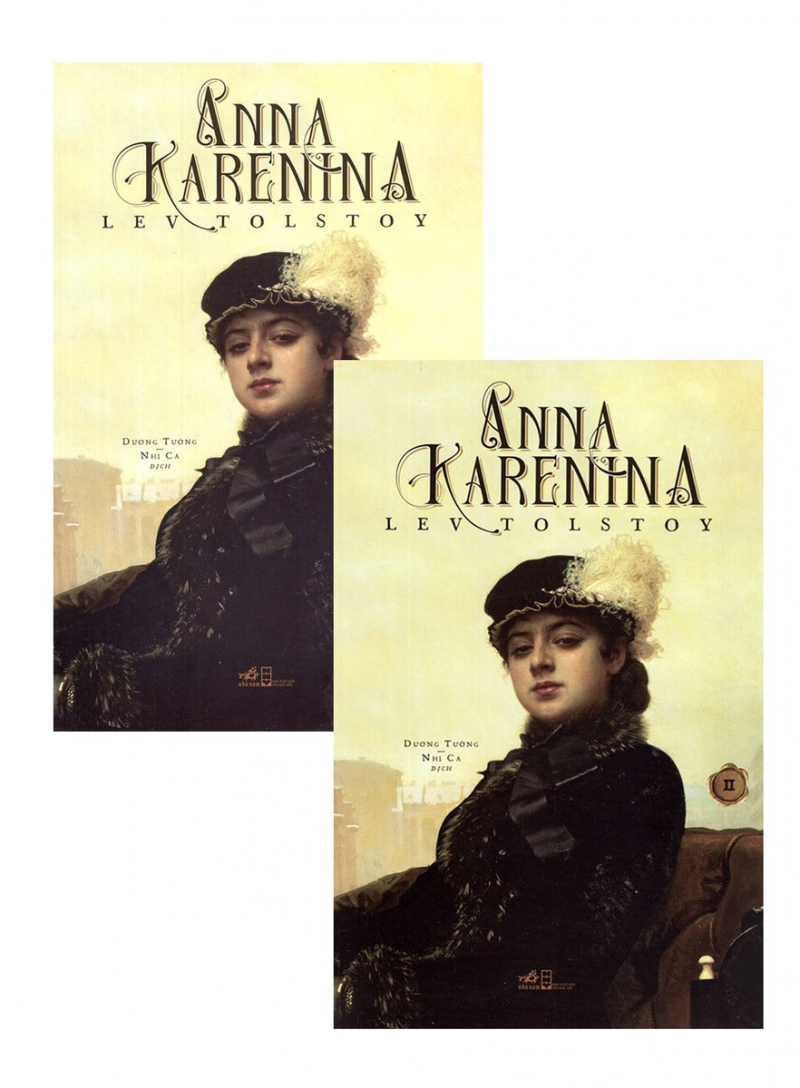
Anna Karenina -
Harper Lee, widely regarded as one of the most influential authors of all time, famously published only one novel (up until its controversial sequel was published in 2015 just before her death). Lee's novel To Kill a Mockingbird was published in 1960 and quickly became a literary classic. Through the innocent wide eyes of a clever young girl named Jean Louise ("Scout") Finch, the novel examines racism in the American South.
Its iconic characters, most notably the sympathetic and just lawyer and father Atticus Finch, served as role models and changed perspectives in the United States during a period of high racial tensions. To Kill a Mockingbird won the Pulitzer Prize for fiction in 1961 and was adapted into an Academy Award-winning film in 1962, giving the story and its characters new life and influence in American society.Link to read: goodreads.com/book/show/2657.To_Kill_a_Mockingbird
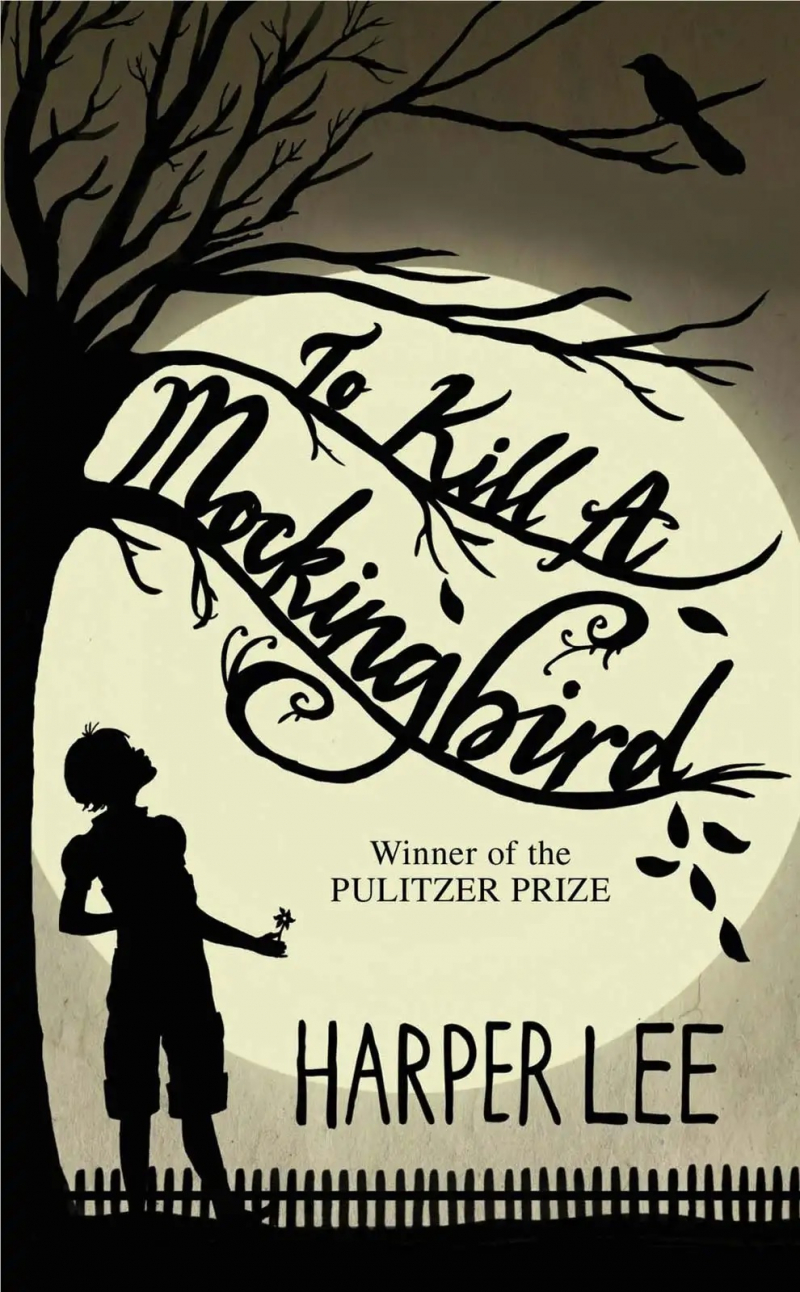
To Kill a Mockingbird 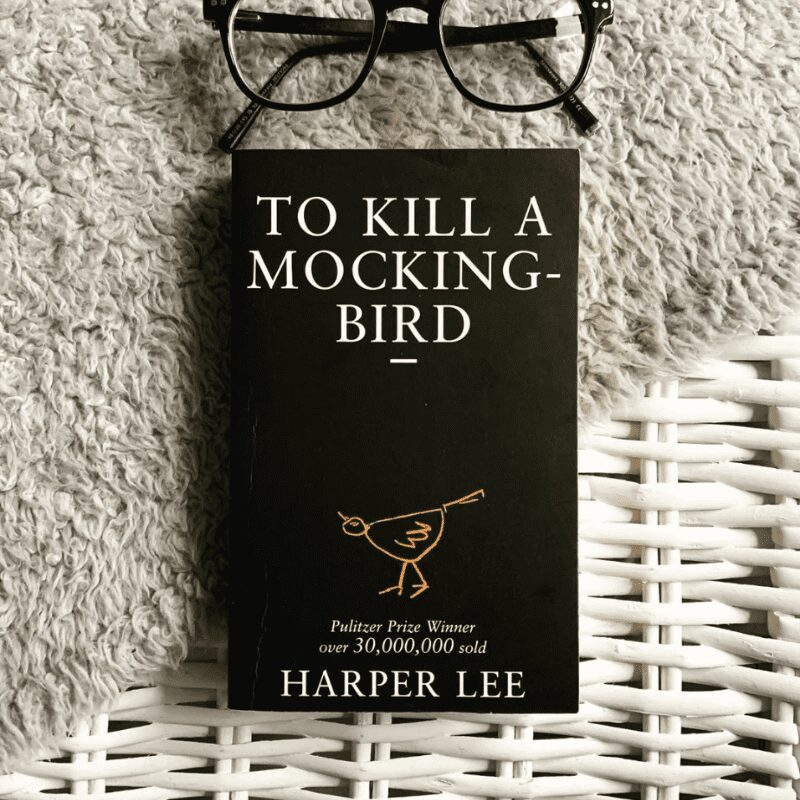
To Kill a Mockingbird -
The Great Gatsby by F. Scott Fitzgerald is regarded as one of the best texts for teaching students how to read literature critically (which means you may have read it in school). The novel is told from the perspective of a young man named Nick Carraway, who has recently moved to New York City and is befriended by Jay Gatsby, an eccentric nouveau riche with mysterious origins.
The Great Gatsby offers an insider's view of the Jazz Age of the 1920s in American history while also criticizing the concept of the "American Dream." Perhaps the most famous aspect of the novel is its cover art, which features a piercing face projected onto a dark blue night sky and city lights—an image that is also found, in a slightly different configuration, on the back cover, within the text itself as a key symbol.Link to read: goodreads.com/book/show/4671.The_Great_Gatsby
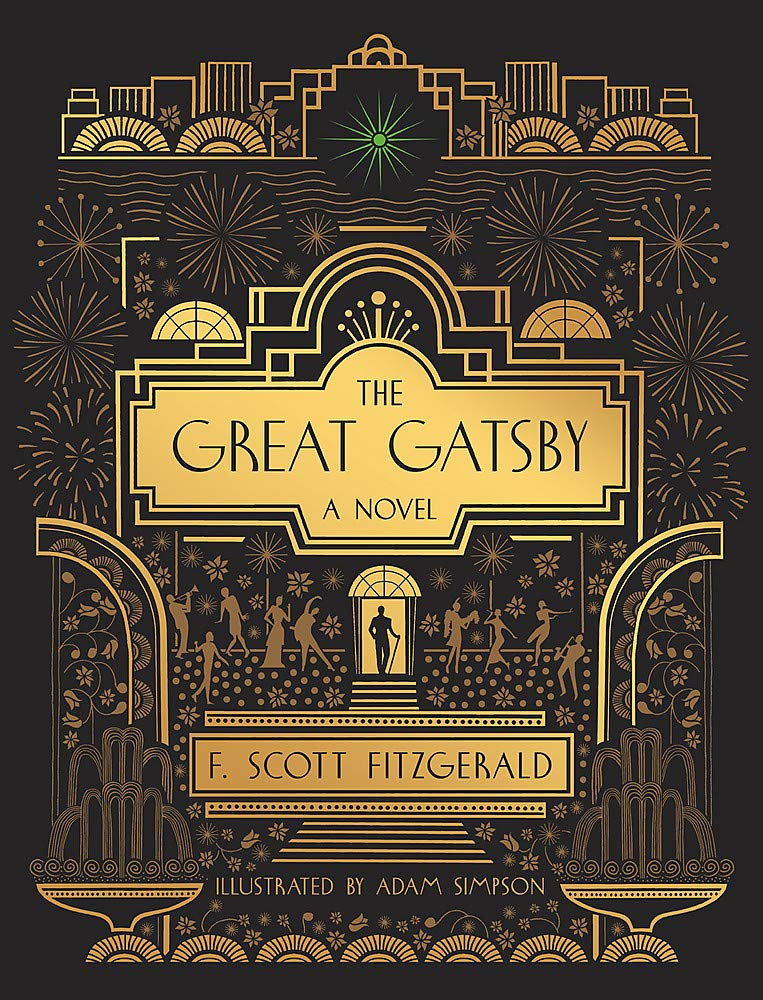
The Great Gatsby 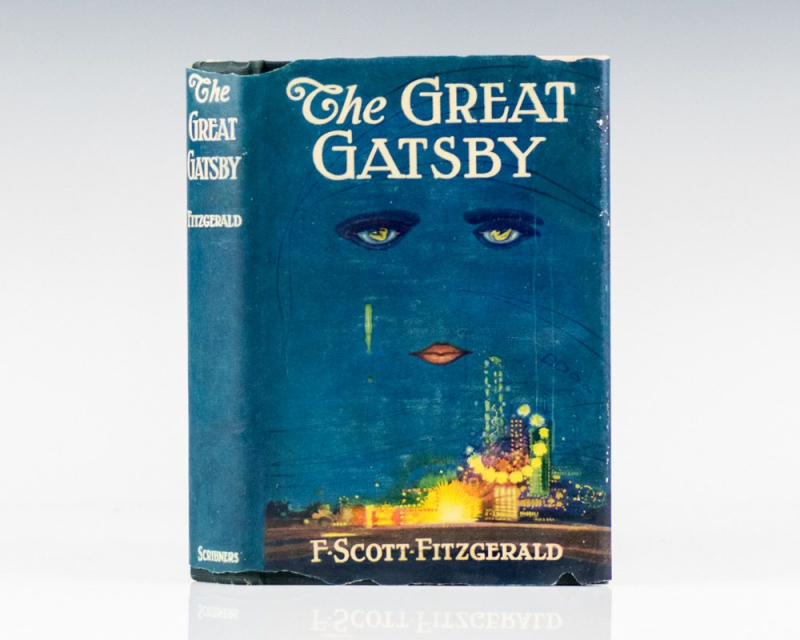
The Great Gatsby -
Gabriel Garcia Márquez, the late Colombian author, published his most famous work, One Hundred Years of Solitude, in 1967. The novel follows the Buendía family through seven generations, from the founding of their town Macondo to its destruction, as well as the last of the family's descendants.
The novel explores the genre of magical realism in fantastical form by emphasizing the extraordinary nature of commonplace things while mystical things are shown to be common. Márquez emphasizes the importance and power of myth and folktale in telling the history and culture of Latin America. Márquez received numerous awards for the novel, which paved the way for his eventual award of the Nobel Prize in Literature in 1982 for his entire body of work, of which One Hundred Years of Solitude is widely regarded as his most triumphant.
Link to read: goodreads.com/book/show/320.One_Hundred_Years_of_Solitude
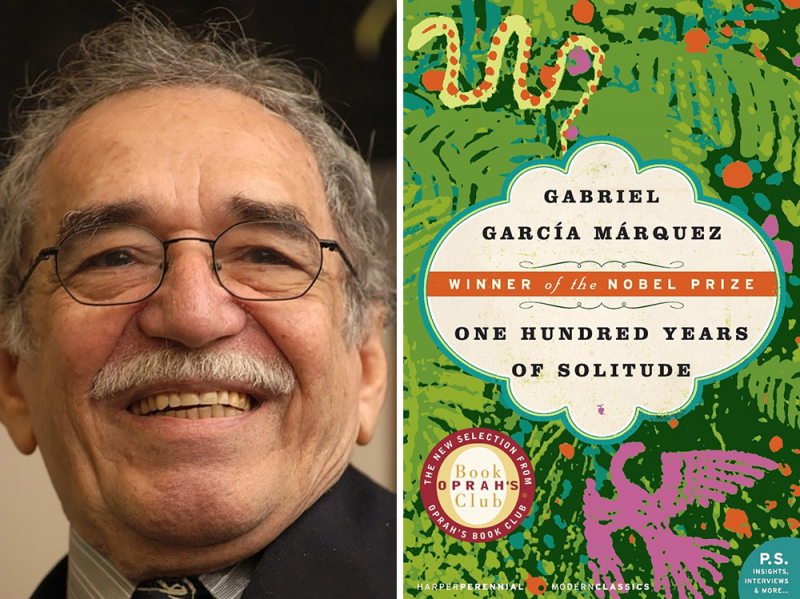
One Hundred Years of Solitude 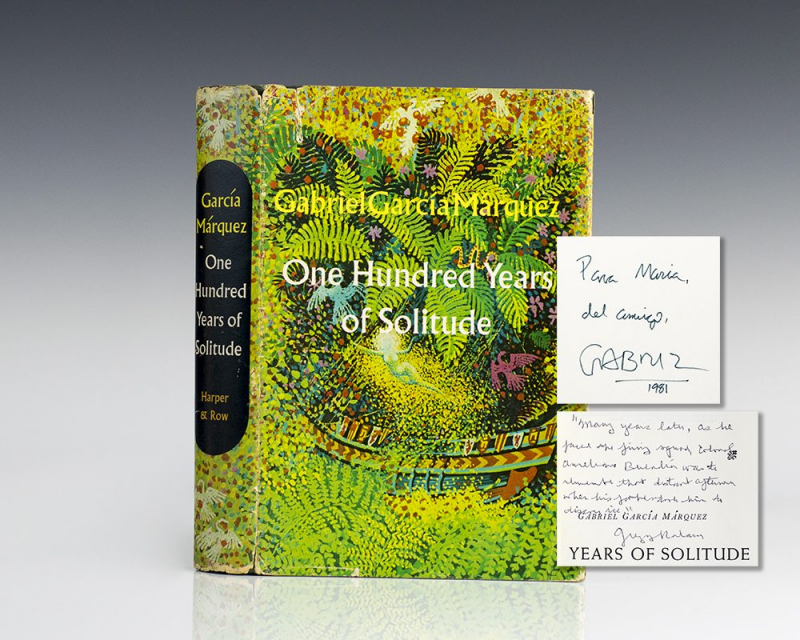
One Hundred Years of Solitude -
E.M. Forster wrote A Passage to India after visiting the country several times as a child. The story is about a Muslim Indian doctor named Aziz and his relationships with an English professor named Cyril Fielding and a visiting English schoolteacher named Adela Quested. The book was published in 1924.
When Adela suspects Aziz of assaulting her while visiting the Marabar caves near the fictional city of Chandrapore, where the story is set, tensions between the Indian and colonial British communities rise. The conflict explores the possibility of friendship and connection between English and Indian people, despite their cultural differences and imperial tensions. The novel's vivid descriptions of nature and the Indian landscape, as well as the figurative power that they are given within the text, cement it as a great work of fiction.
Link to read: goodreads.com/book/show/45195.A_Passage_to_India
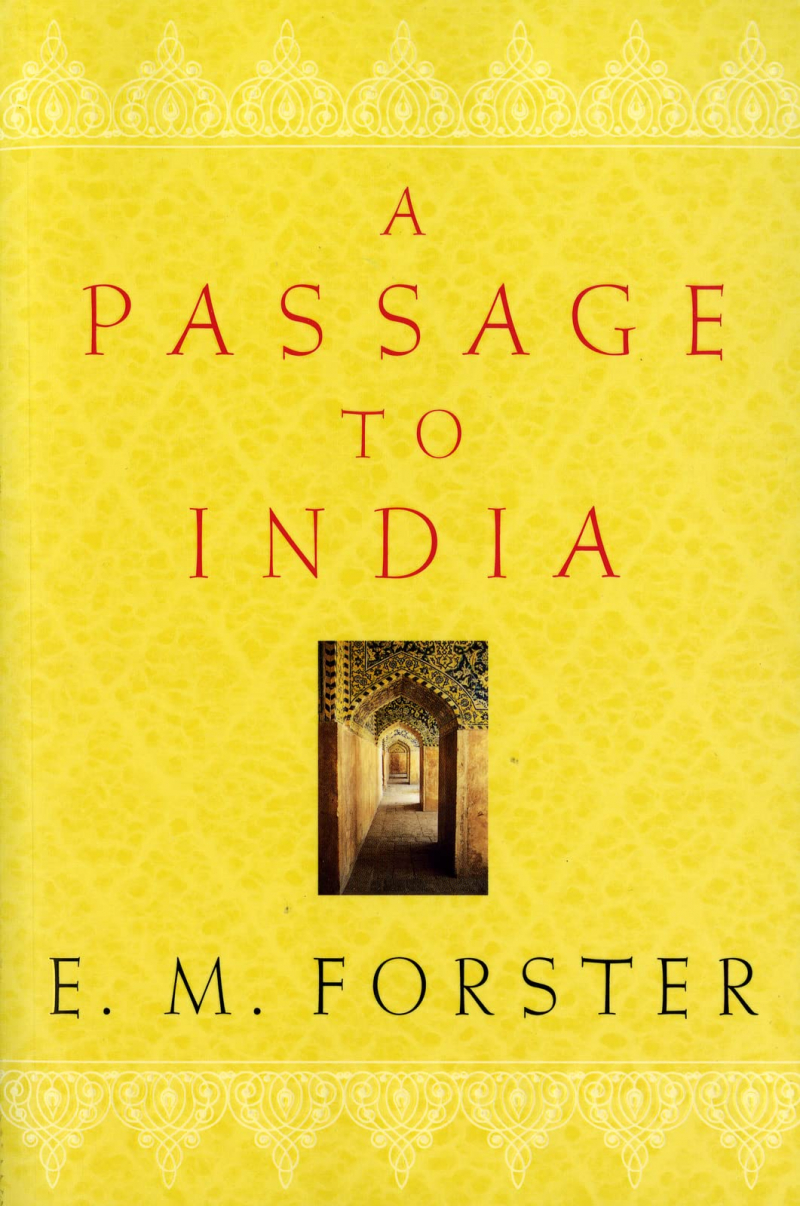
A Passage to India 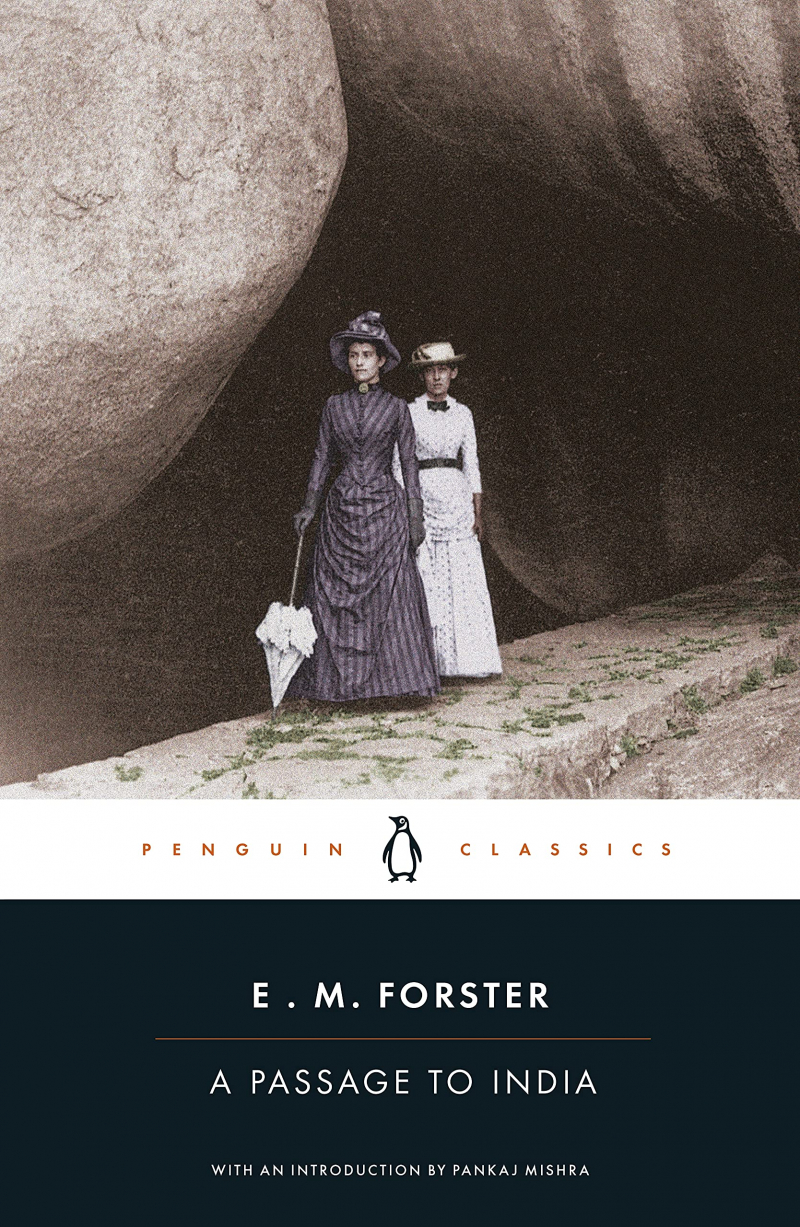
A Passage to India -
Ralph Ellison's Invisible Man is a groundbreaking novel in the expression of identity for the African American male. It is frequently confused with H.G. Wells' science-fiction novella of nearly the same name (just remove a "The"). The novel's narrator, an unnamed man who believes he is "invisible" to others socially, tells the story of his transition from the South to college and then to New York City. In each location, he faces extreme adversity and discrimination, drifting in and out of work, relationships, and dubious social movements in a wayward and ethereal state of mind.
The novel is well-known for its surreal and experimental writing style, which delves into the symbolism surrounding African-American identity and culture. In 1953, Invisible Man won the National Book Award for Fiction in the United States.Link to read: goodreads.com/book/show/16981.Invisible_Man
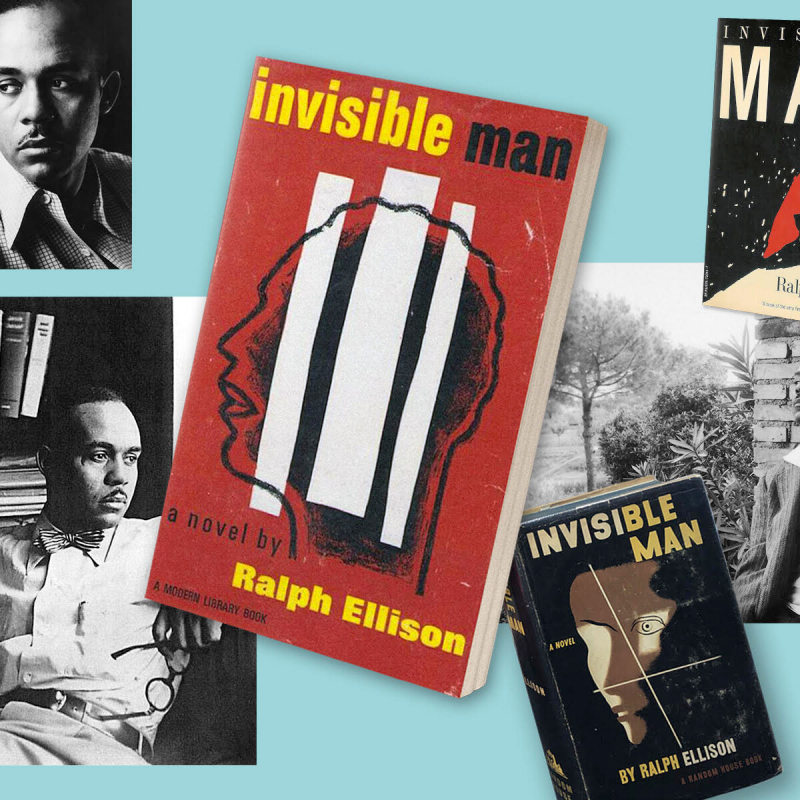
Invisible Man 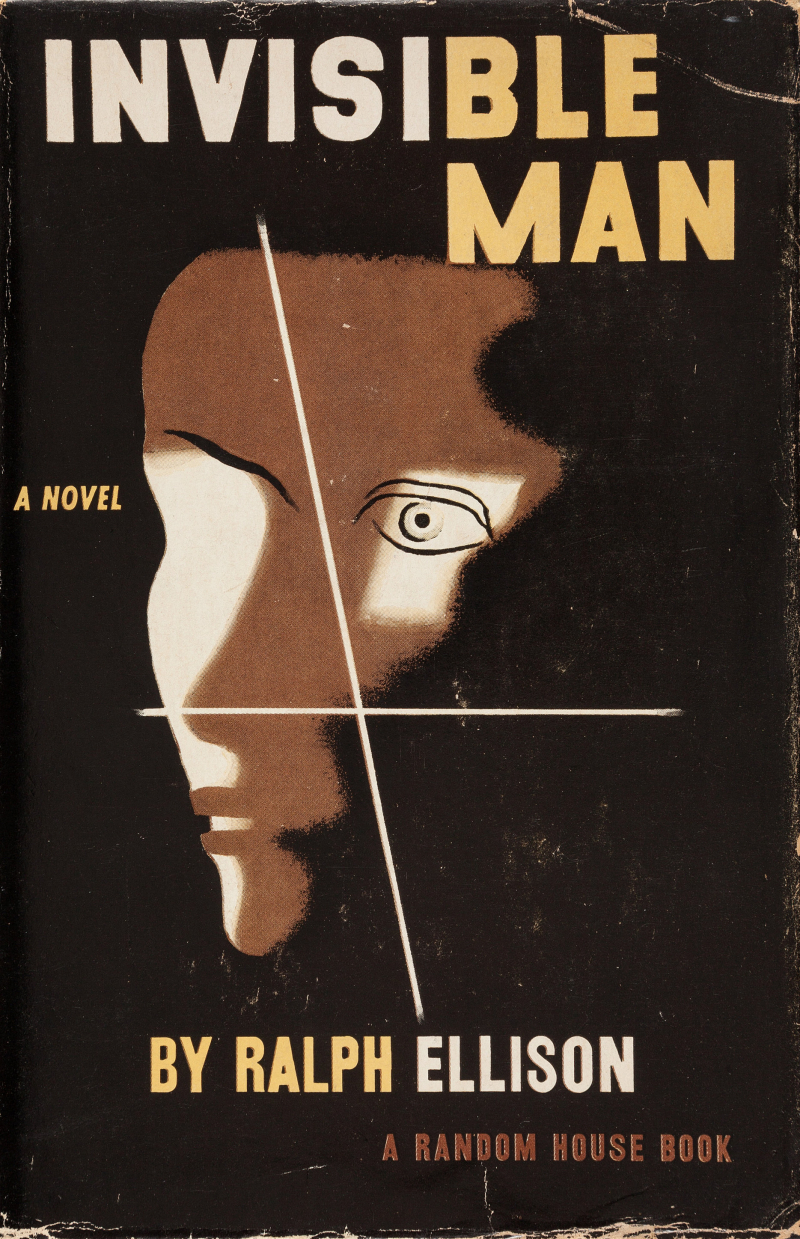
Invisible Man -
Don Quixote by Miguel de Cervantes, perhaps the most influential and well-known work of Spanish literature, was first published in its entirety in 1615. The novel, which is widely regarded as one of the best literary works of all time, tells the story of a man who takes the name "Don Quixote de la Mancha" and embarks on a quest to revive the custom and become a hero himself after becoming obsessed with romantic novels about chivalry.
Since the novel's publication, the character of Don Quixote has become an idol and somewhat of an archetypal character, influencing many major works of art, music, and literature. The text has had such an impact that a word, quixotic, was coined to describe someone who is "foolishly impractical, especially in the pursuit of ideals; especially: marked by rash lofty romantic ideas or extravagantly chivalrous action".Link to read: goodreads.com/book/show/3836.Don_Quixote
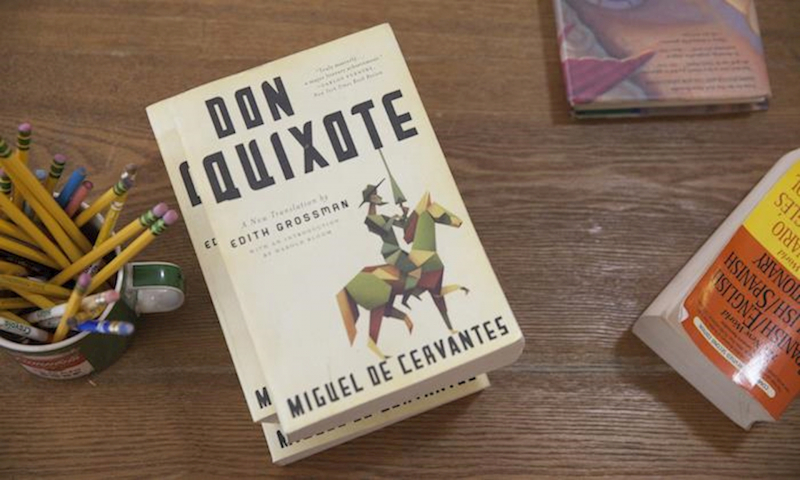
Don Quixote 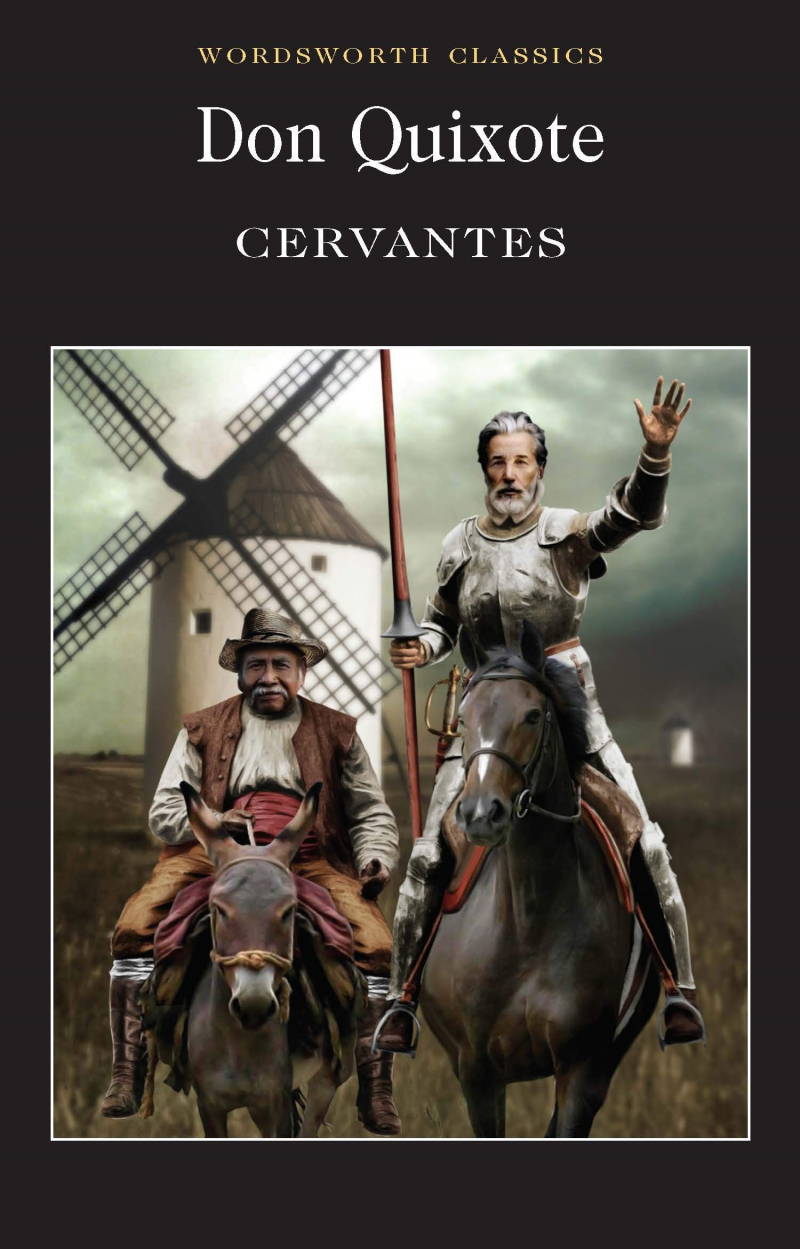
Don Quixote -
Toni Morrison's spiritual and haunting novel Beloved, published in 1987, tells the story of an escaped slave named Sethe who flees to Cincinnati, Ohio, in 1873. Sethe's guilt and emotional pain after killing her own child, whom she named Beloved, to keep her from living life as a slave are depicted in the novel, which investigates the trauma of slavery even after freedom has been gained. A spectral figure with the same name as the child appears in the lives of the characters, embodying the family's anguish and hardship and making their feelings and past unavoidable.
The novel received praise for addressing the psychological effects of slavery as well as the importance of family and community in healing. In 1988, Beloved won the Pulitzer Prize for fiction.Link to read: goodreads.com/book/show/6149.Beloved
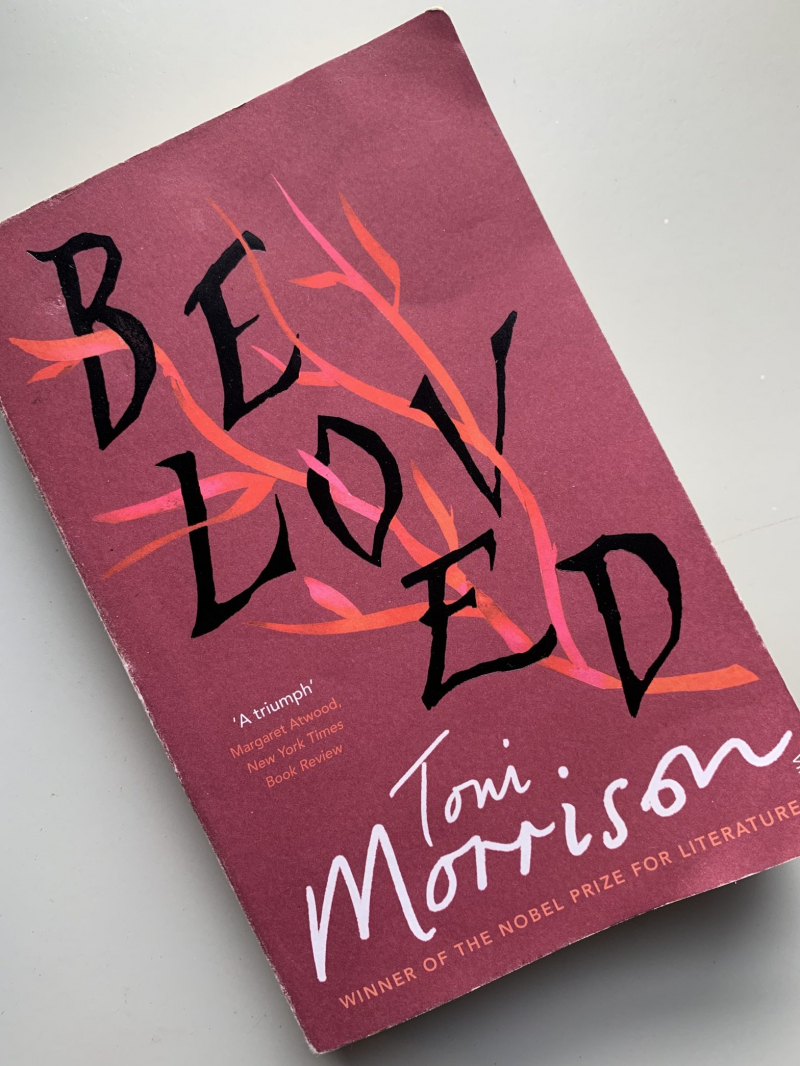
Beloved 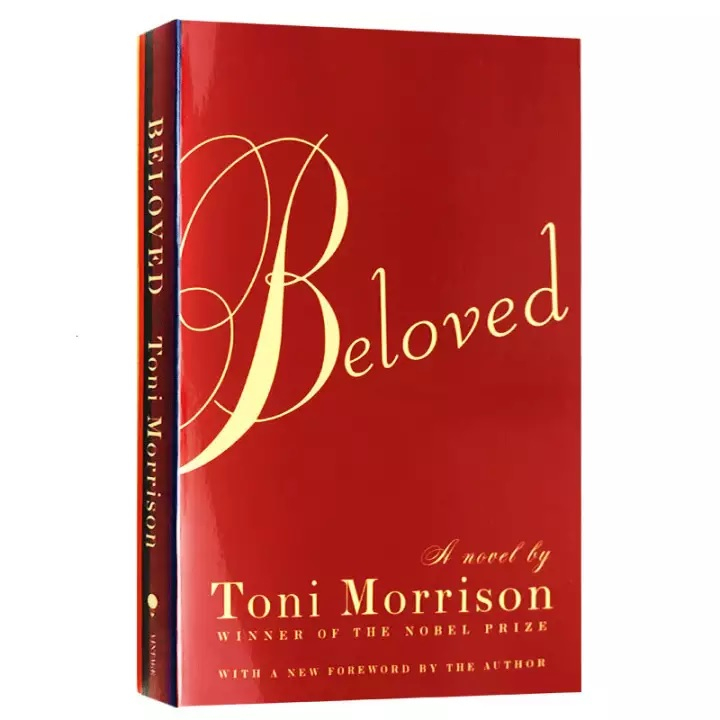
Beloved -
Mrs. Dalloway by Virginia Woolf is possibly the most eccentric novel on this list, describing exactly one day in the life of a British socialite named Clarissa Dalloway. The novel employs a stream-of-consciousness style throughout, employing a combination of third-person narration and the thoughts of various characters. This style results in a deeply personal and revealing look into the minds of the characters, with the novel relying heavily on character rather than plot to tell its story.
Characters' thoughts include constant regrets and thoughts of the past, their struggles with mental illness and post-traumatic stress disorder from World War I, and the effect of social pressures. The novel's distinct style, subject matter, and historical setting make it one of the most revered and regarded works of all time.
Link to read: goodreads.com/book/show/14942.Mrs_Dalloway
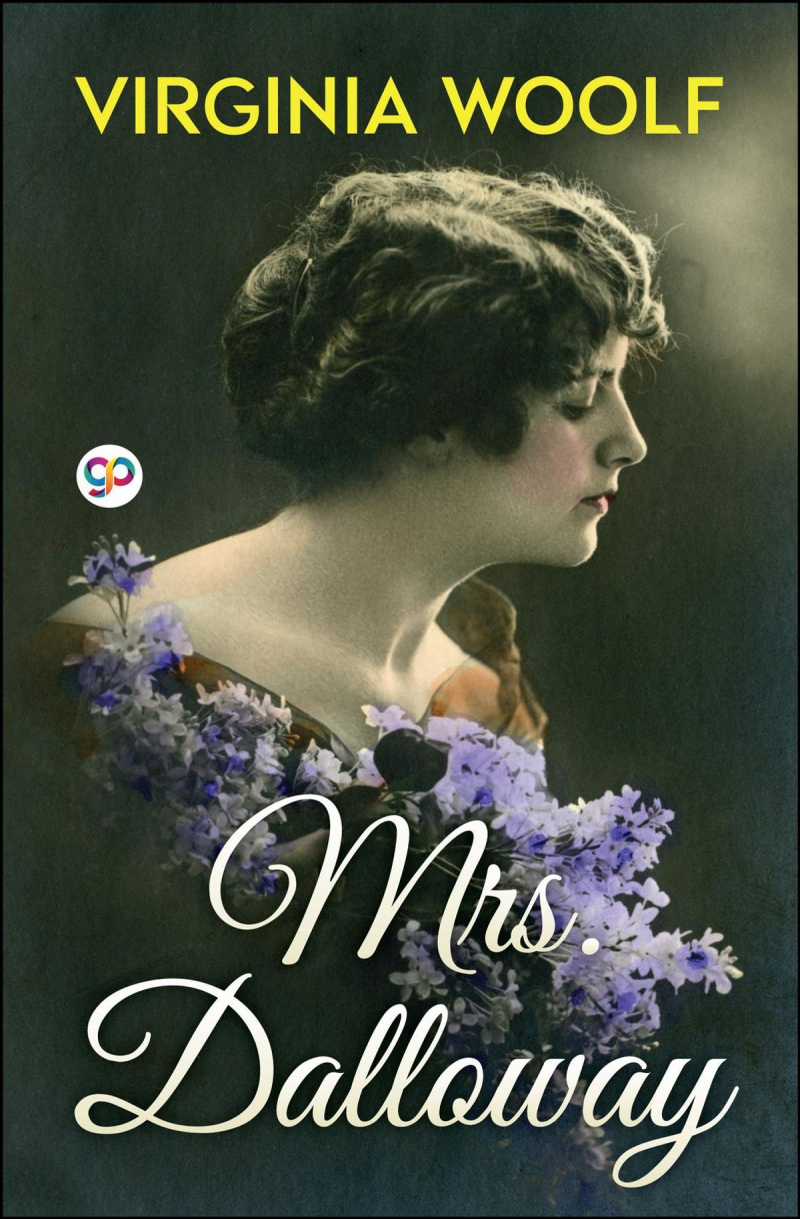
Mrs. Dalloway 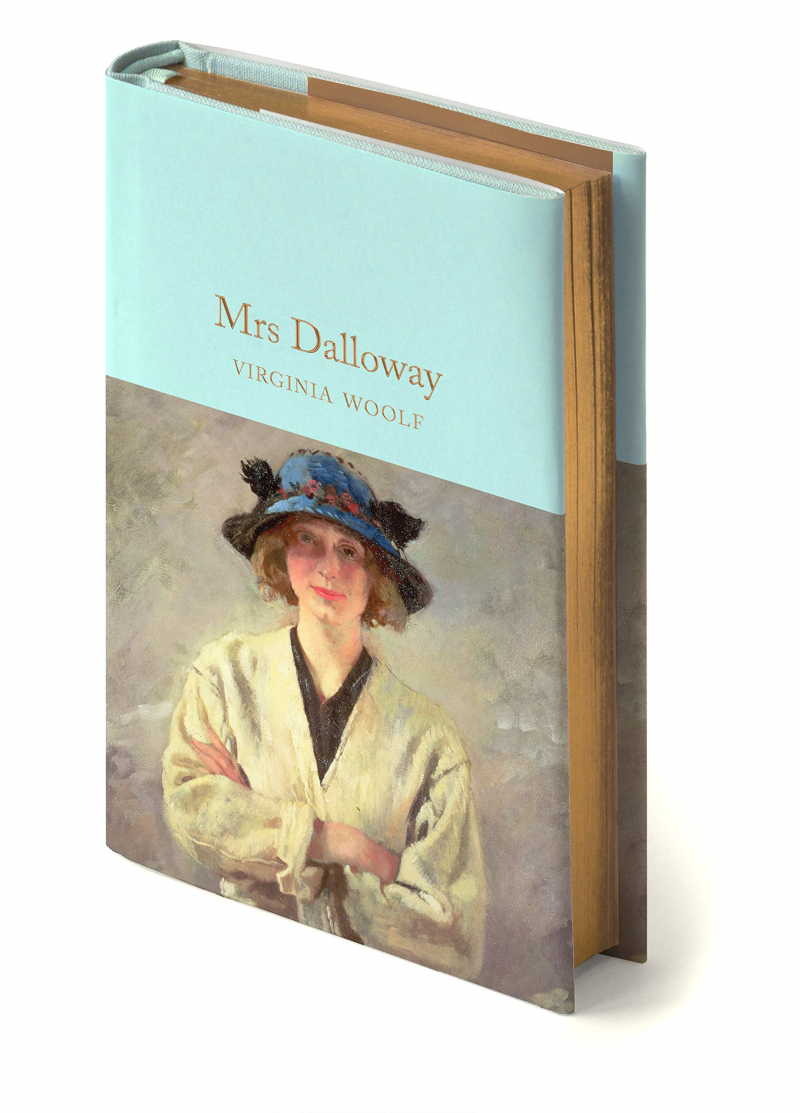
Mrs. Dalloway -
The Western canon of "great literature" frequently focuses on North American or European writers while ignoring accomplished writers and amazing works of literature from other parts of the world. Things Fall Apart by Chinua Achebe, published in 1958, is one such work of African literature that had to overcome the bias of some literary circles and has gained worldwide recognition despite it.
The novel follows Okonkwo, an Igbo man who describes his family, his village in Nigeria, and the effects of British colonialism on his homeland. The novel is an example of African postcolonial literature, a genre that has grown in size and recognition since the mid-nineteenth century as Africans have been able to share their often unheard stories of imperialism from the perspective of the colonized. The novel is frequently assigned reading in world literature and African studies courses.Link to read: goodreads.com/book/show/37781.Things_Fall_Apart
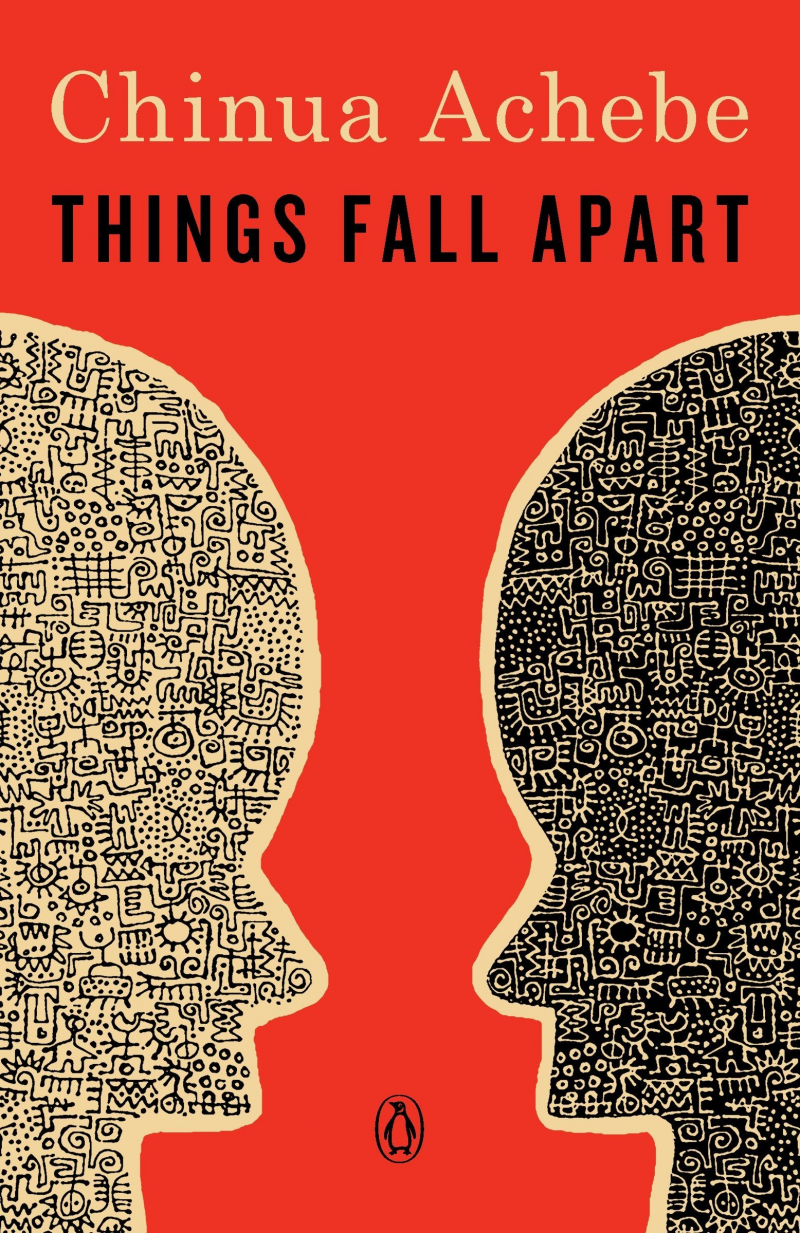
Things Fall Apart 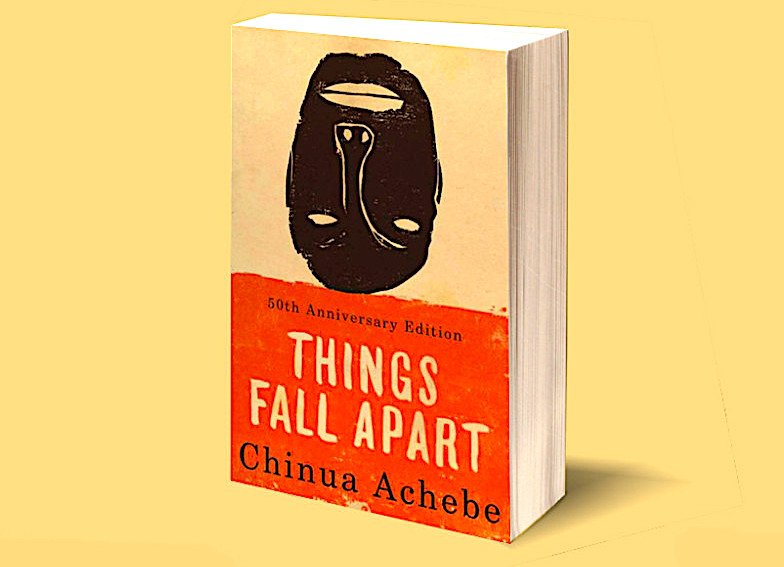
Things Fall Apart












